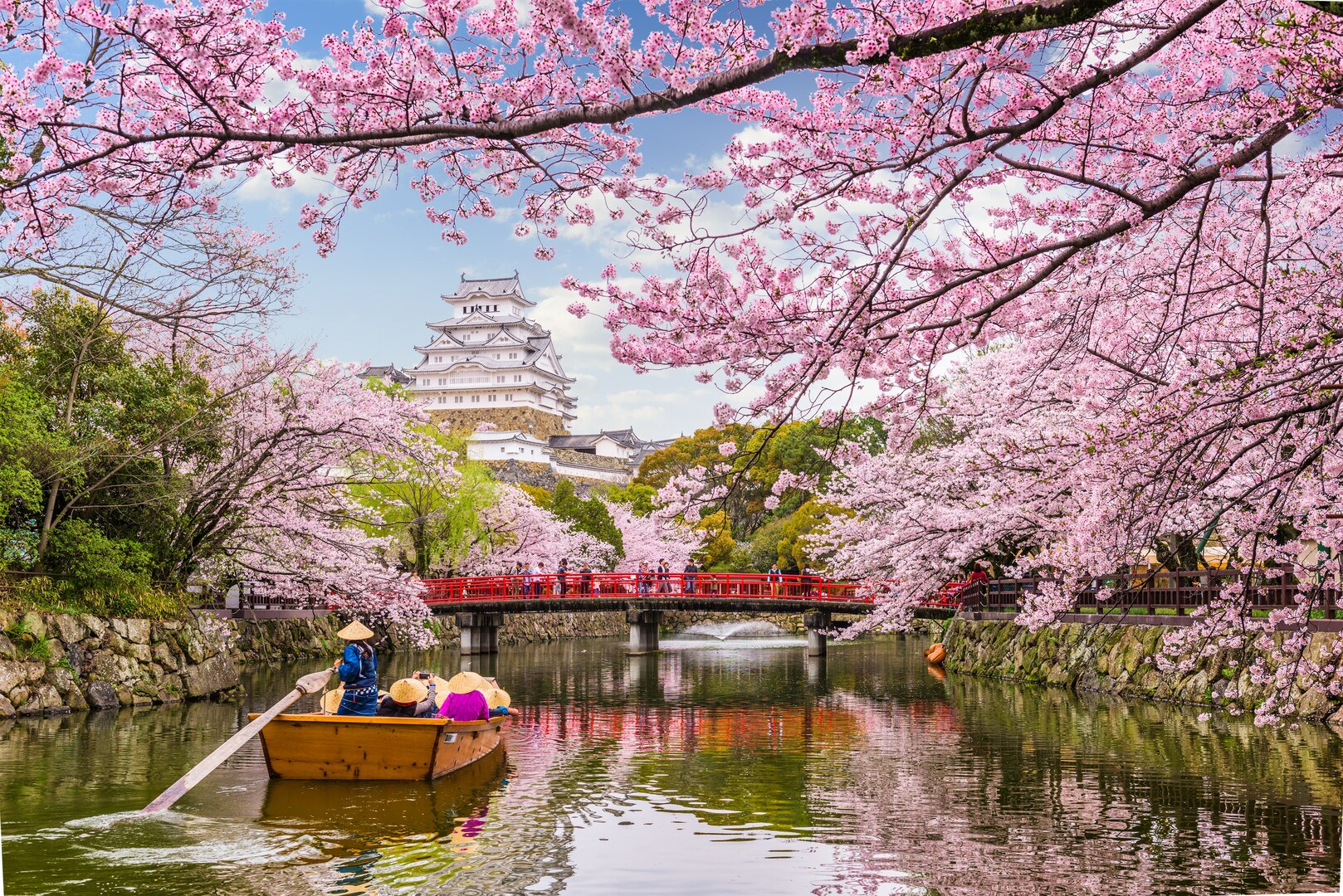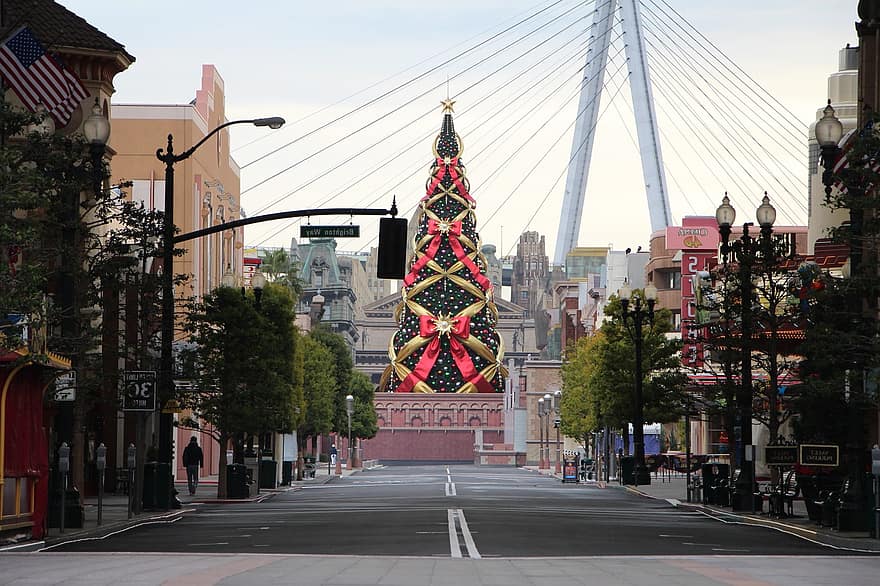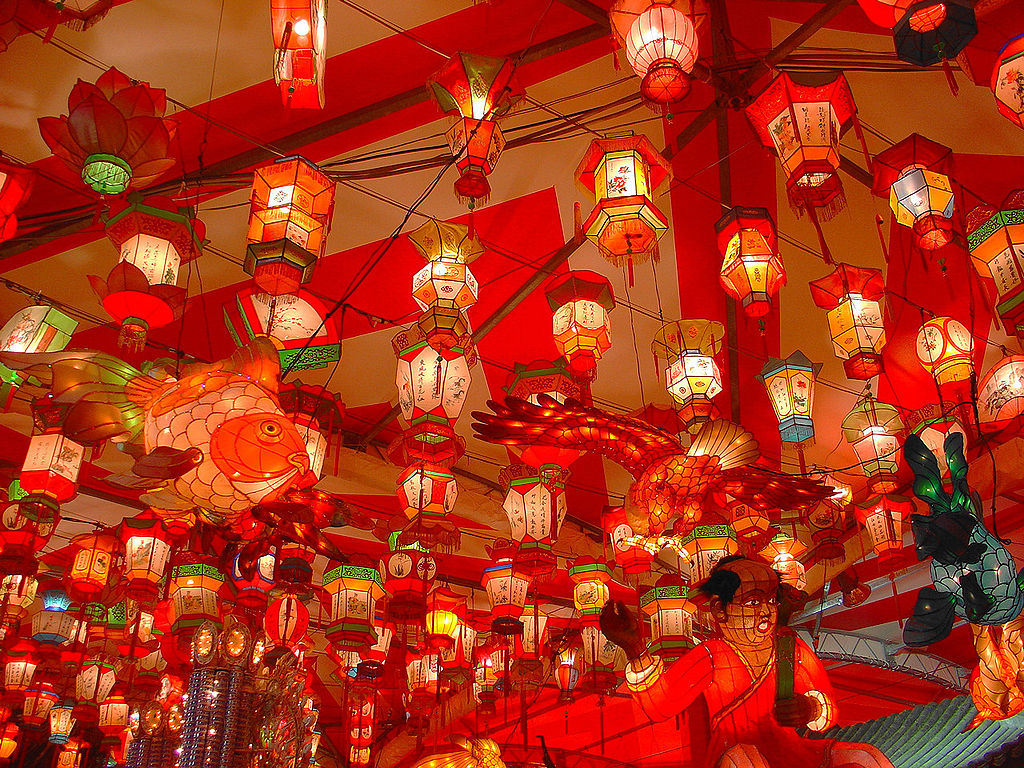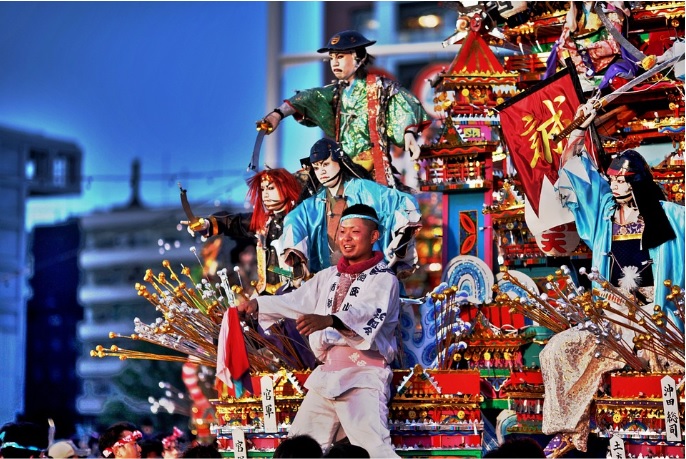
Japan is known for many things -- technology, cuisine, oddities, and literature being one of them as well. Its post-war literature is a very interest aspect in their culture. After the defeat of the Japanese empire in World War 2, the land of the rising sun was crushed. Instead of believing in honor and duty, it resembled a train with no driver.
Since they were a once proud country trying to cope with defeat and post-atomic horror, writers made stories that spoke of disaffection, mourn a loss of purpose, flirt with darkness, and identified the intellectual and moral issues of the time to raise awareness; socially, ecologically, and politically. These Japanese writers born in the 20th century didn't write about samurais, schoolgirls, or anime. Instead, they wrote about the issues of war, religion, and morality that was deep into the human psyche.
1. Kenzaburo Oe

Born in 1935 in the forests of Shikoku in southern Japan, he began writing in 1957 and finally won the Nobel Prize for Literature in 1994 which was 4 years later. The Changling, his latest novel from back in 2010, explores the relationship between two friends after one commits suicide.
2. Banana Yoshimoto

Banana chose her first name in college, and she chose this for her love of banana flowers because they are "rather cute and androgynous". She is the daughter of Takaaki Yoshimoto; the venerable critic, intellectual, and father of the New Left movement in Japan. In 1988, she wrote Kitchen, her most well-known novel, which was translated to English in 1993.
3. Haruki Murakami

Born in 1949 in Kyoto, Haruki Murakami has written numerous short stories and novels such as The Wind-up Bird Chronicle, Kafka On The Shore, 1Q84, and his most notable novel, Norwegian Wood. He is probably the most familiar author on this list, mostly due to the breakout success of his 1987 novel Norwegian Wood which was published in English during 2000.
4. Ryu Murakami

He is quite a controversial figure in Japanese literature. He wrote his first novel, Almost Transparent Blue, in 1976 while being a university student. His next novel Coin Locker Babies followed up after that. Both novels focus on the topics of sex, drugs, and rock n' roll. In the late 1990s, Japanese director Takashi Miike adapted Ryu's book entitled "Audition" into a cult classic film.
5. Shintaro Ishihara
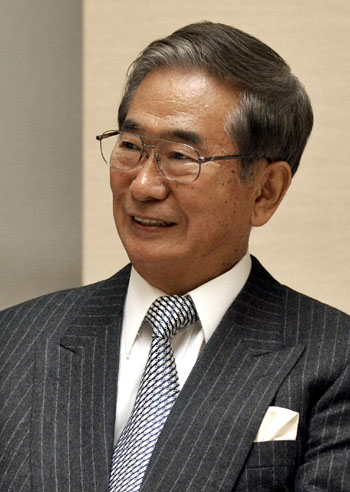
Besides Ryu Murakami, Shintaro is also another controversial figure in literature. At the moment, he's the governor of Tokyo and a far-right politician who always rallies against foreigners in Japan, especially those called "Sangokujins", which is a derogatory word for people of Taiwanese, Korean, and Chinese descent. He also called the Rape of Nanking "a lie", and that the devastating 2011 tsunami was the country's "divine punishment". Critiques aside, he also wrote about called "Season of Violence". A violent, sensual, and seemingly non-Japanese stories that depict teenagers of the present in compulsive but often unconscious revolt against the moral codes of 'old Japan'.
6. Teru Miyamoto
Miyamoto was born in 1947 in Kobe, Japan and graduated from Otemon Gakuin University. He has written many novels, but Kinshu: Autumn Brocade, a novel he wrote in 1982, was his first to be translated into English. His other novel called Maboroshi no Hikari was made into a film during the mid-1990s and received many positive reviews at the Venice and Toronto film festivals.
7. Amy Yamada

Born in Tokyo in 1959, Amy Yamada is another controversial contemporary Japanese writer since the stories she writes address issues of sexuality, racism, and interracial marriage -- topics not openly discussed in Japanese society. She was Literature student in Meiji University but dropped out before graduating. She achieved widespread recognition in 1985 when her novel entitled Bedtime Eyes won the Bungei Prize.
